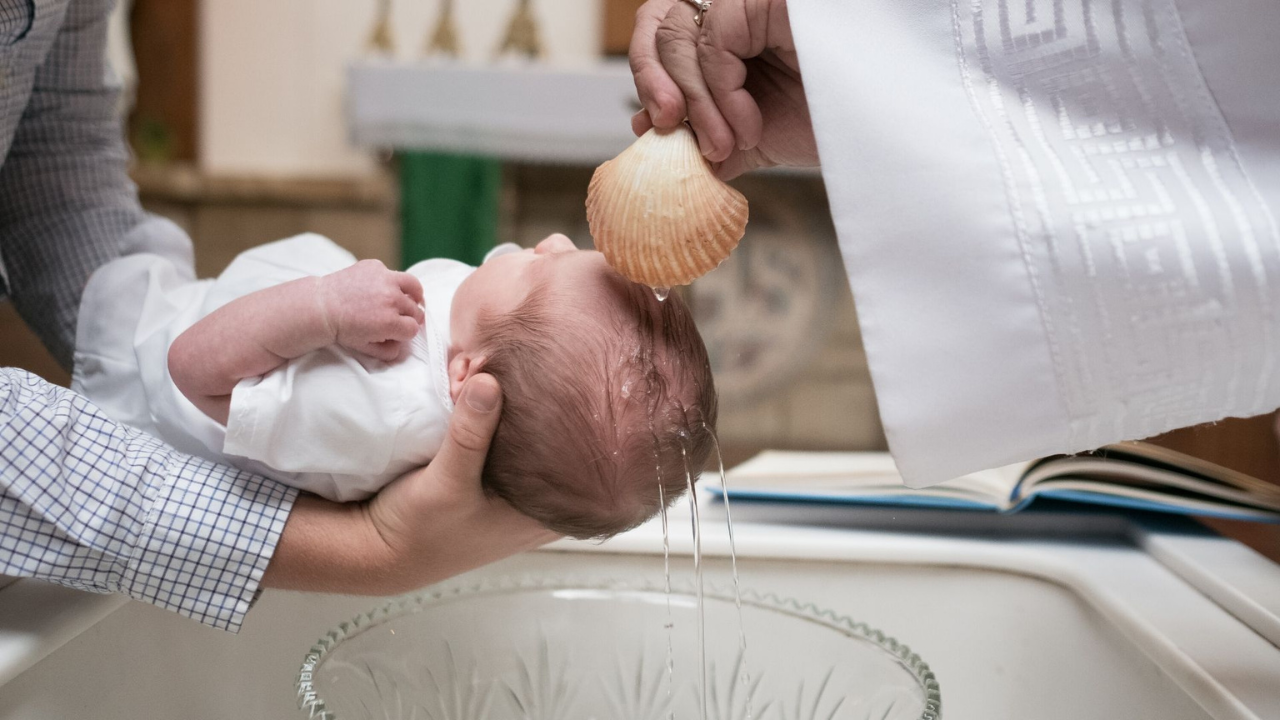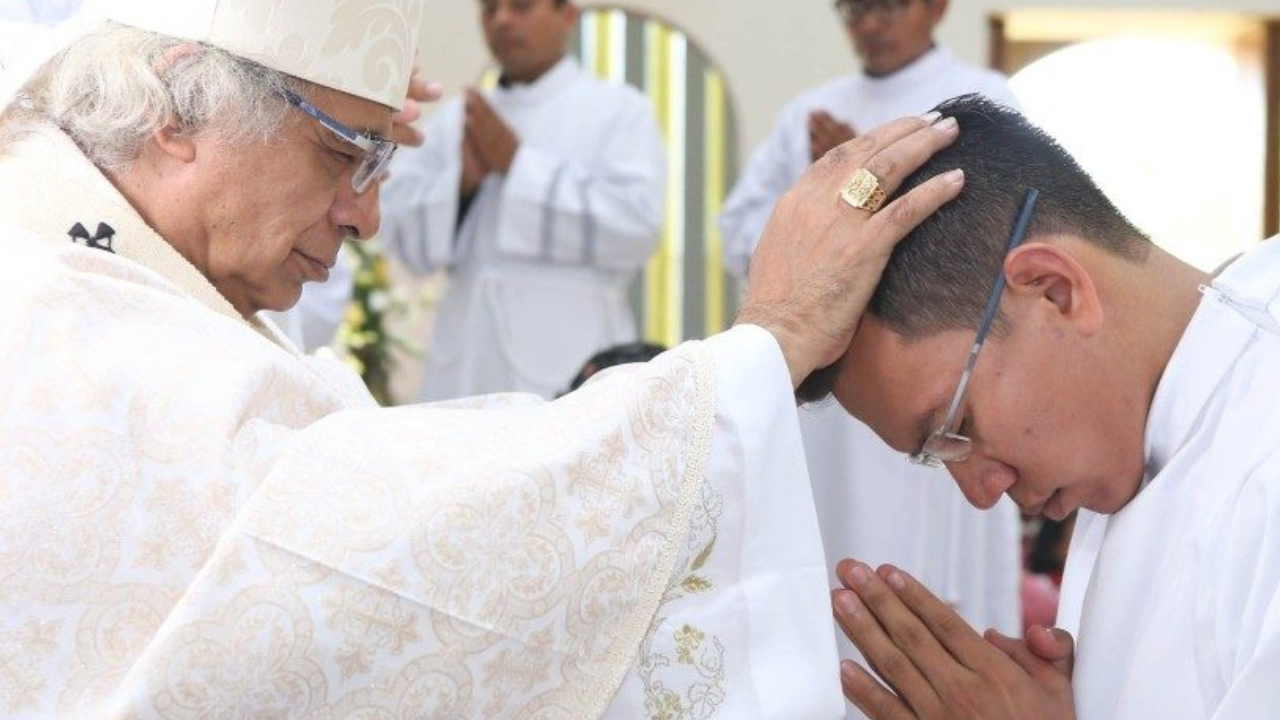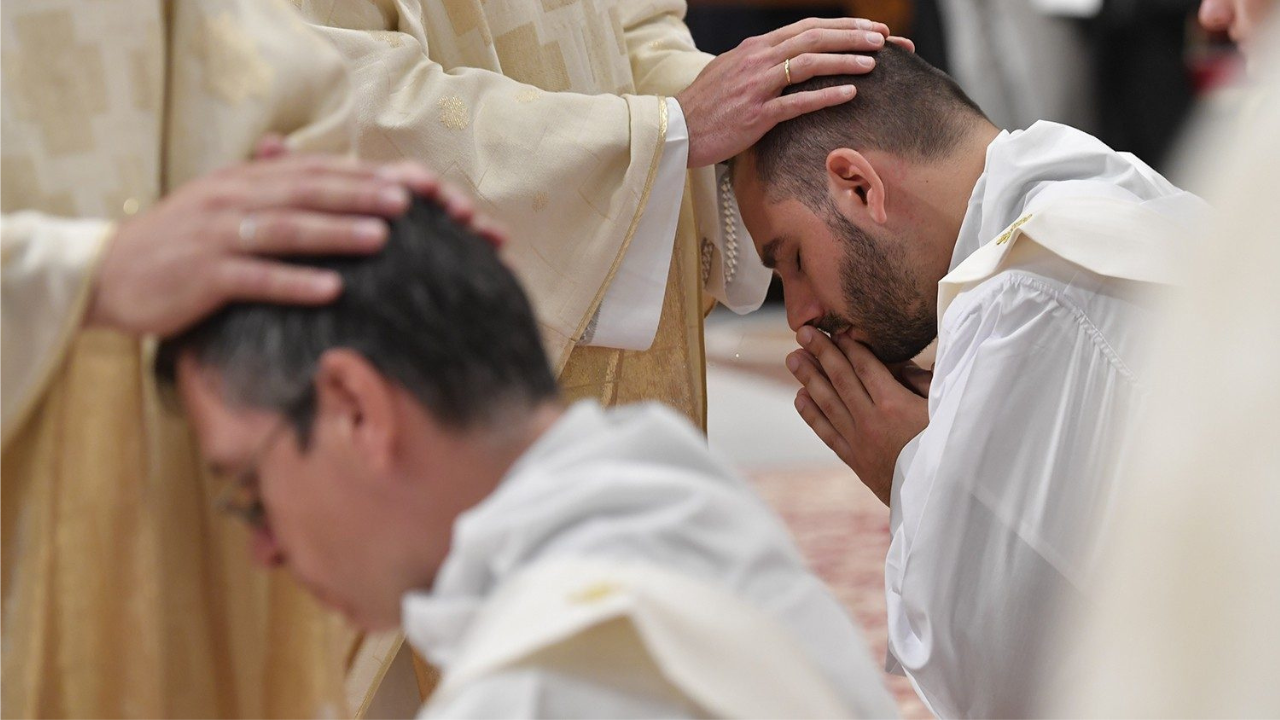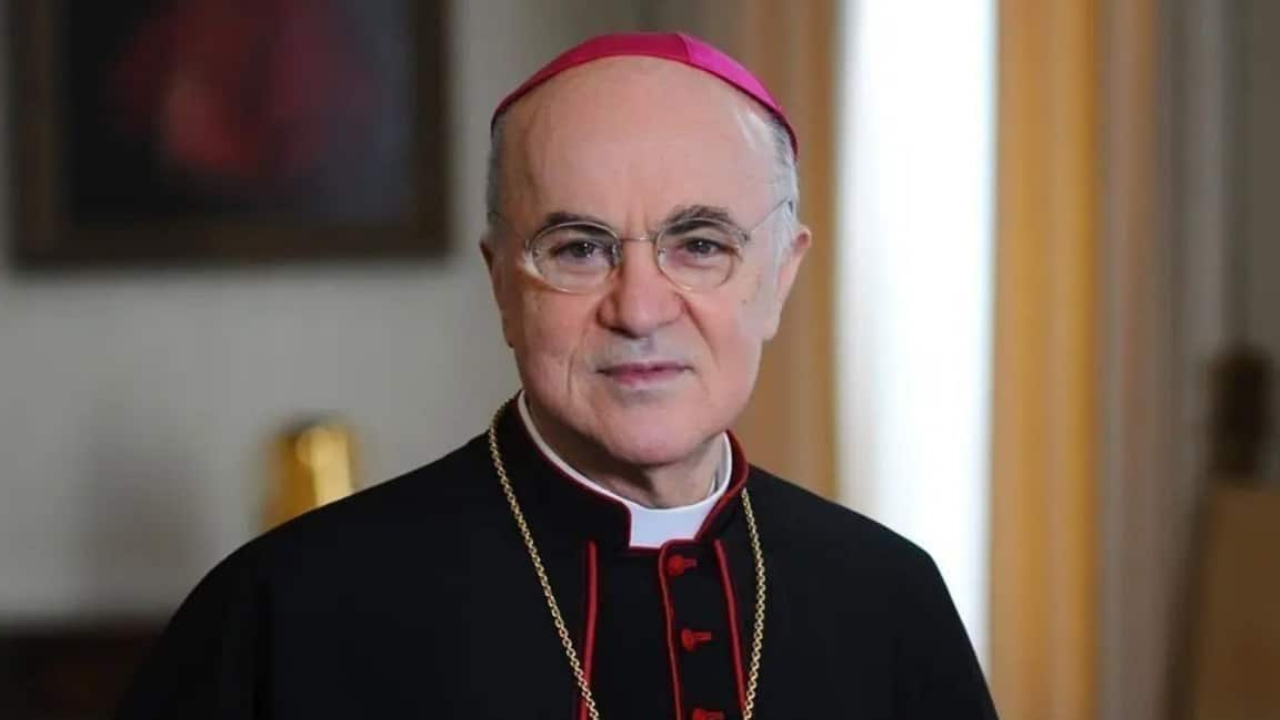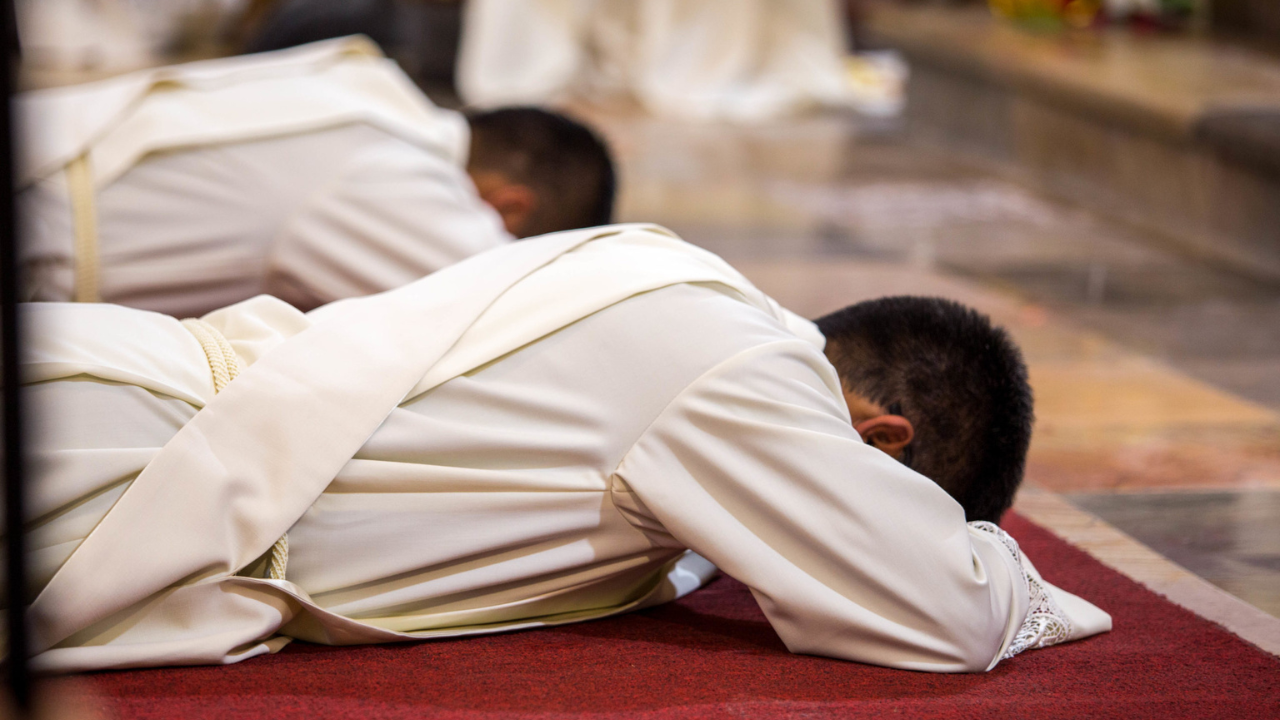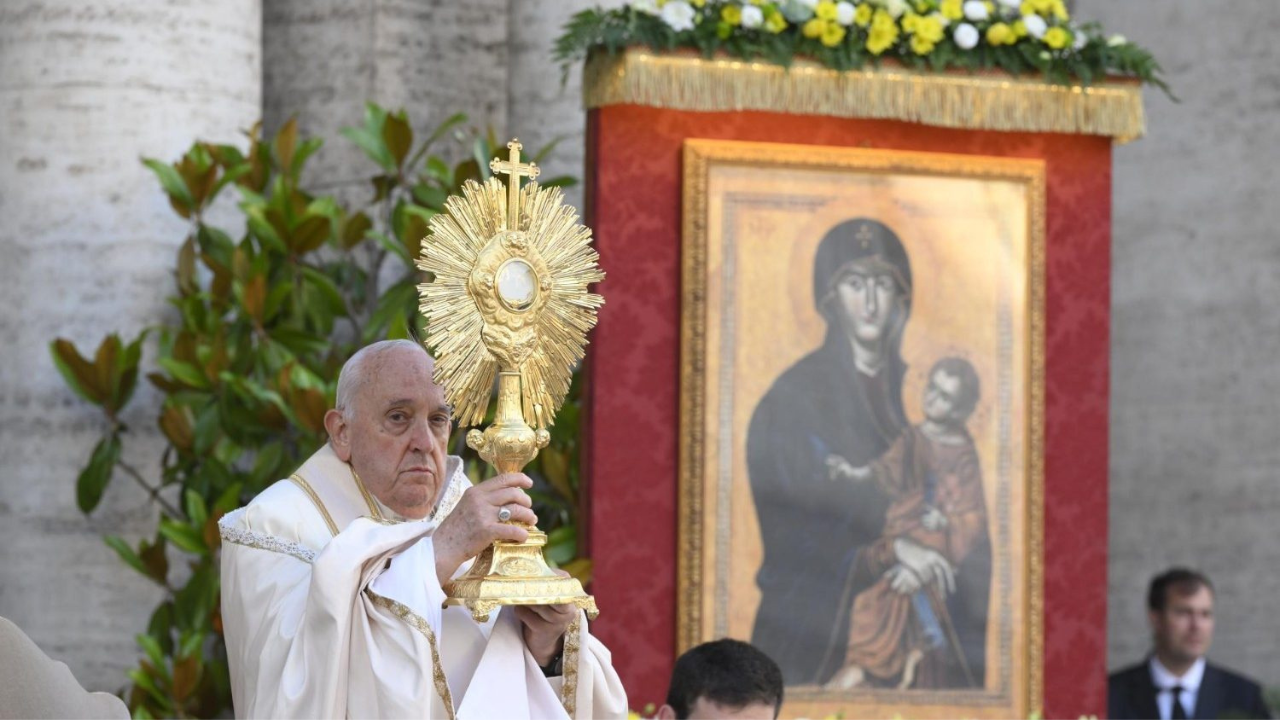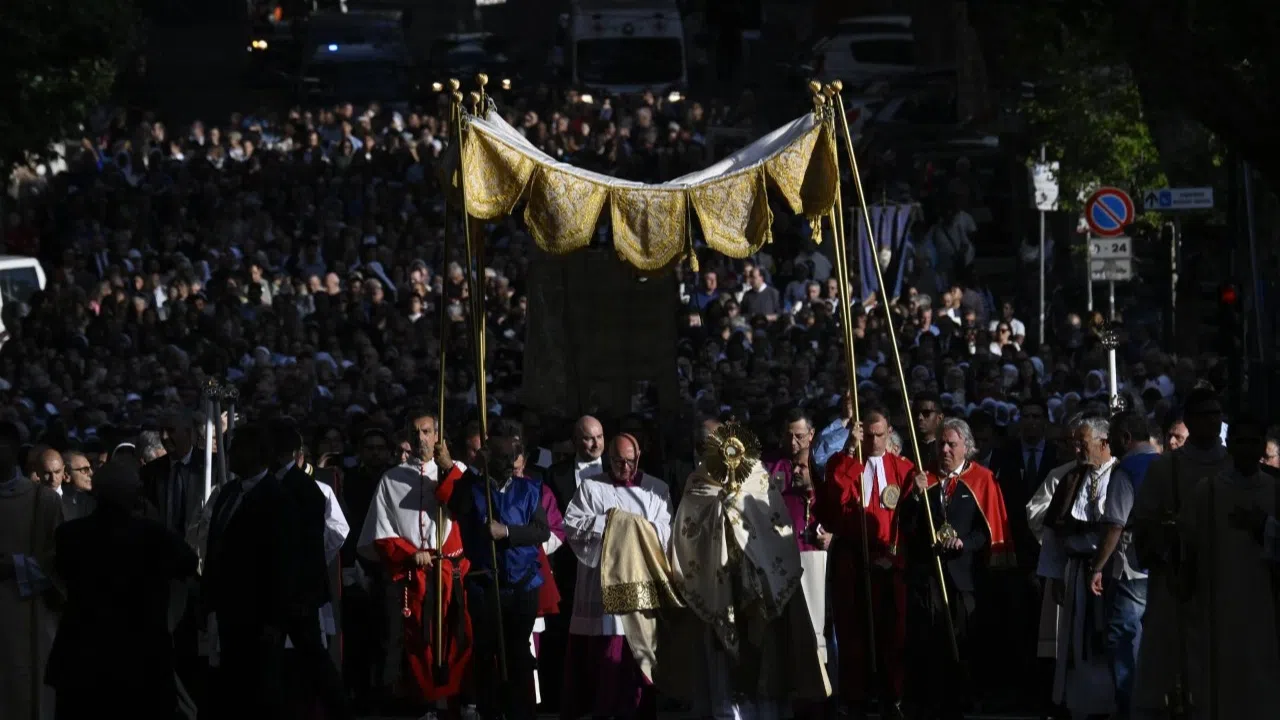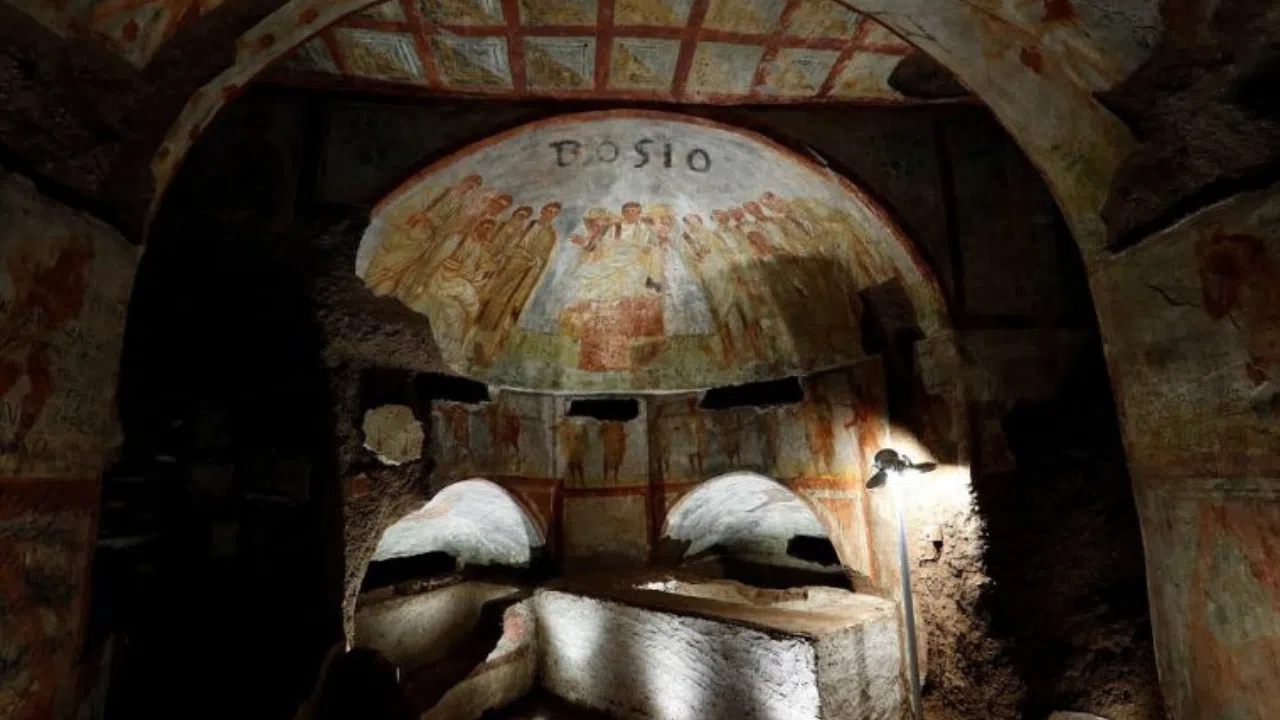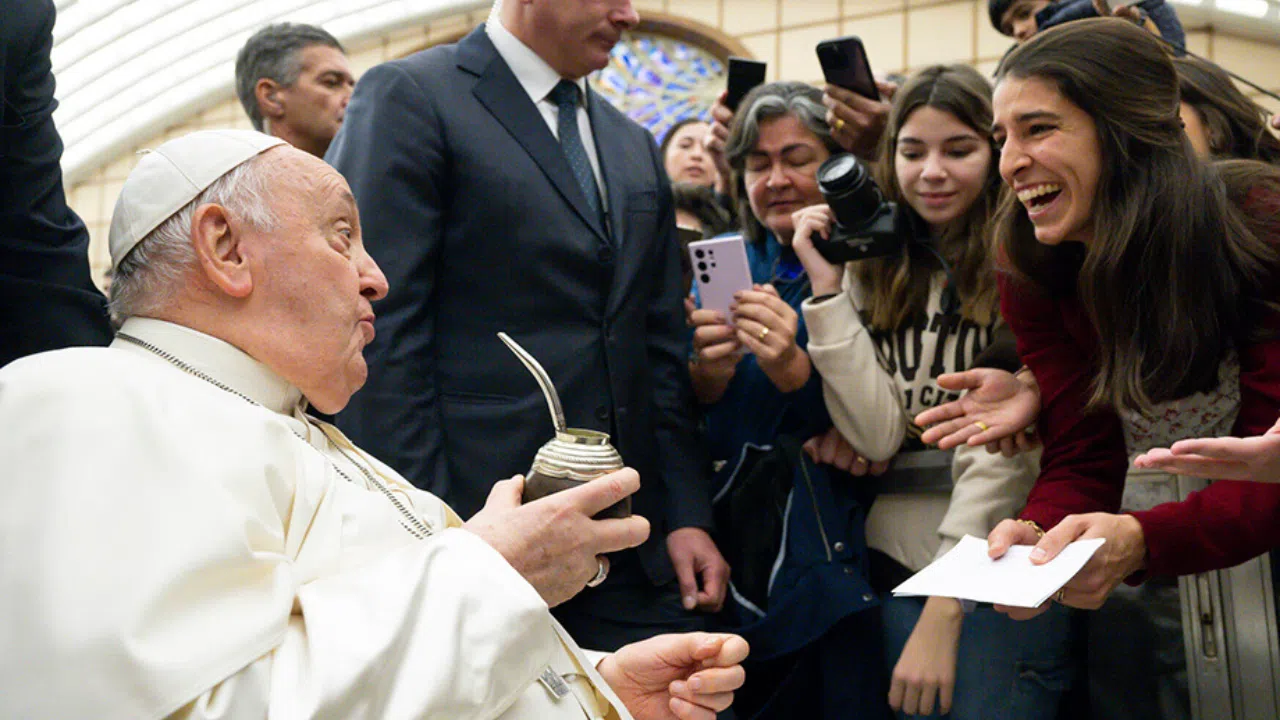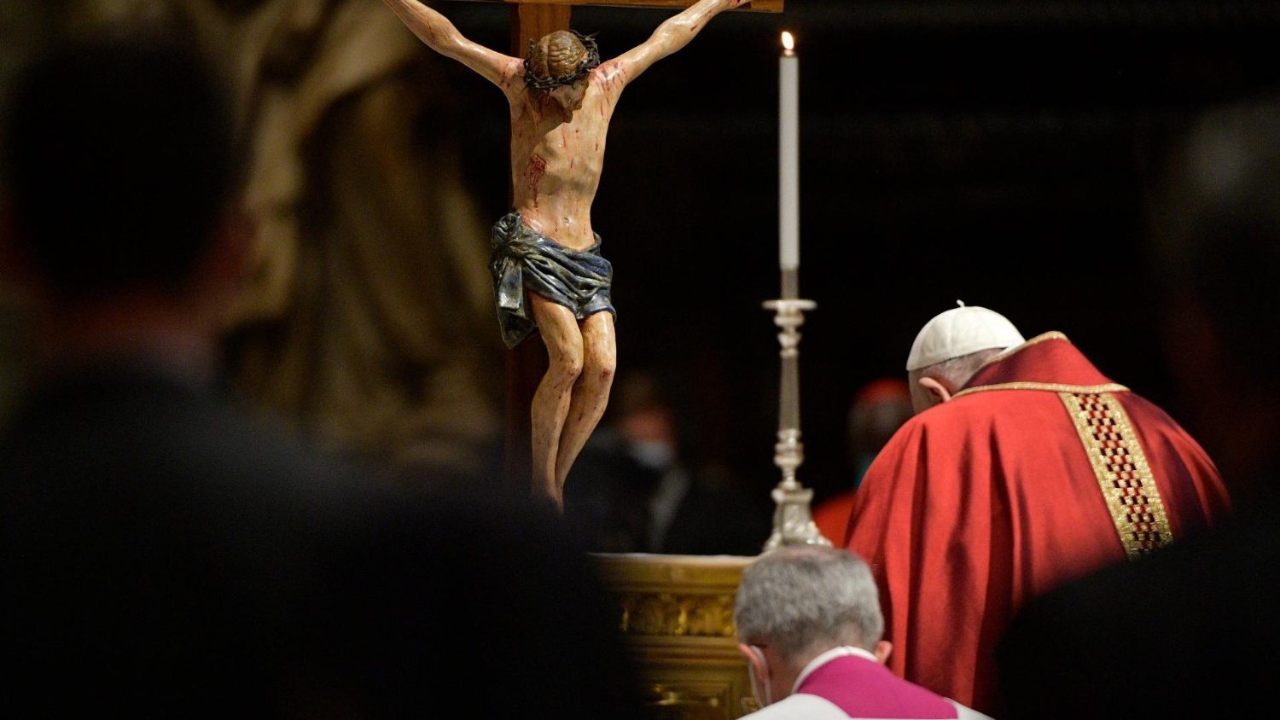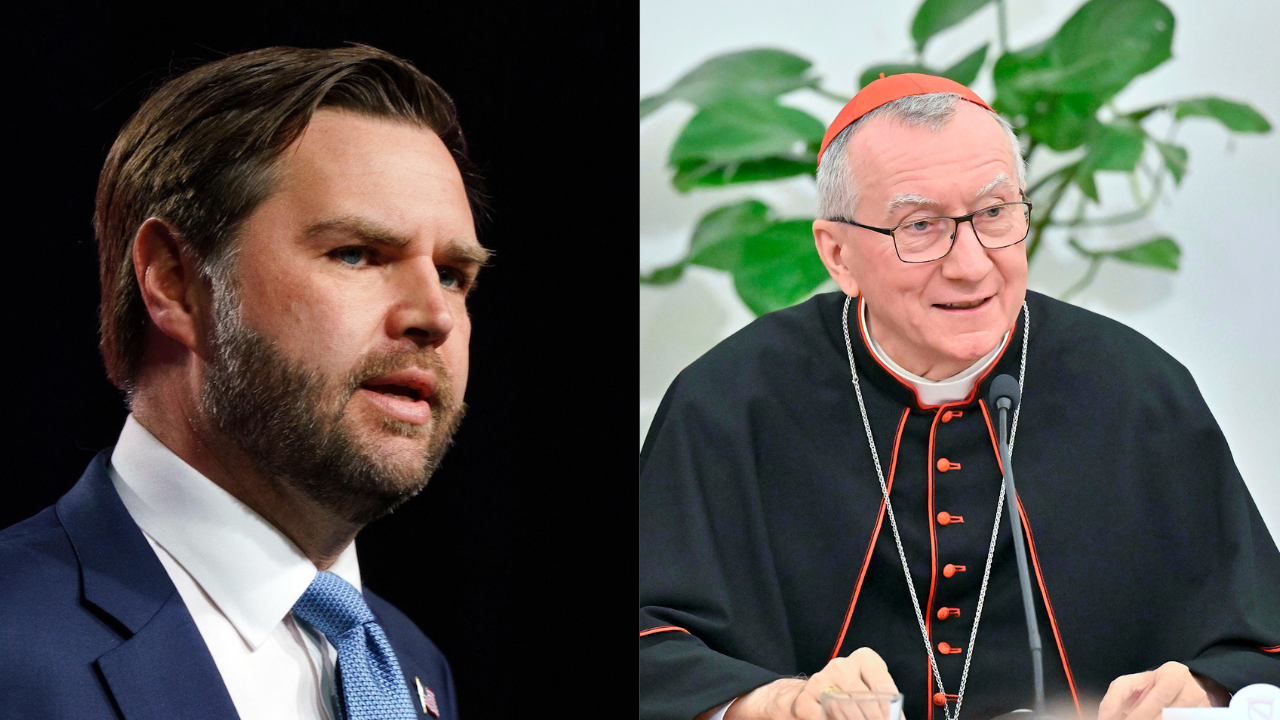The Australian four-year Royal Commission who investigates cases of pedophilia in religious groups and other public institutions in the country published 85 recommendations to reform Australian law. One proposal is for the law to oblige priests to break the secrecy of confession to reveal pedophiles.
If legislation were reformed, Catholic priests would be placed in an impossible position: they would have to choose between committing perjury or automatic excommunication. This is because Canon 983 in the Code of Canon Law ensures that 'the sacramental seal is inviolable; therefore it is absolutely forbidden for a confessor to betray in any way a penitent in words or in any manner and for any reason.'
Moreover, as set forth in Canon 1550, in the case of a trial, even at the request of the penitent, the priest is exempt from responding. However, there is a time when the priest could intervene without violating the secrecy of confession. One example would be to avoid murder. A priest is allowed to warn the police that a person's life is in danger, without specifying how he found out. In some countries, the laws provide waivers to prevent priests from testifying about crimes they found out during confession.
The seal of confession goes beyond mere professional secrecy. From a theological point-of-view, it is considered that the penitent confesses to the priest “in persona Christi,” in the place of Christ. Additionally, the priest is obliged to immediately forget what was heard once he grants absolution.

